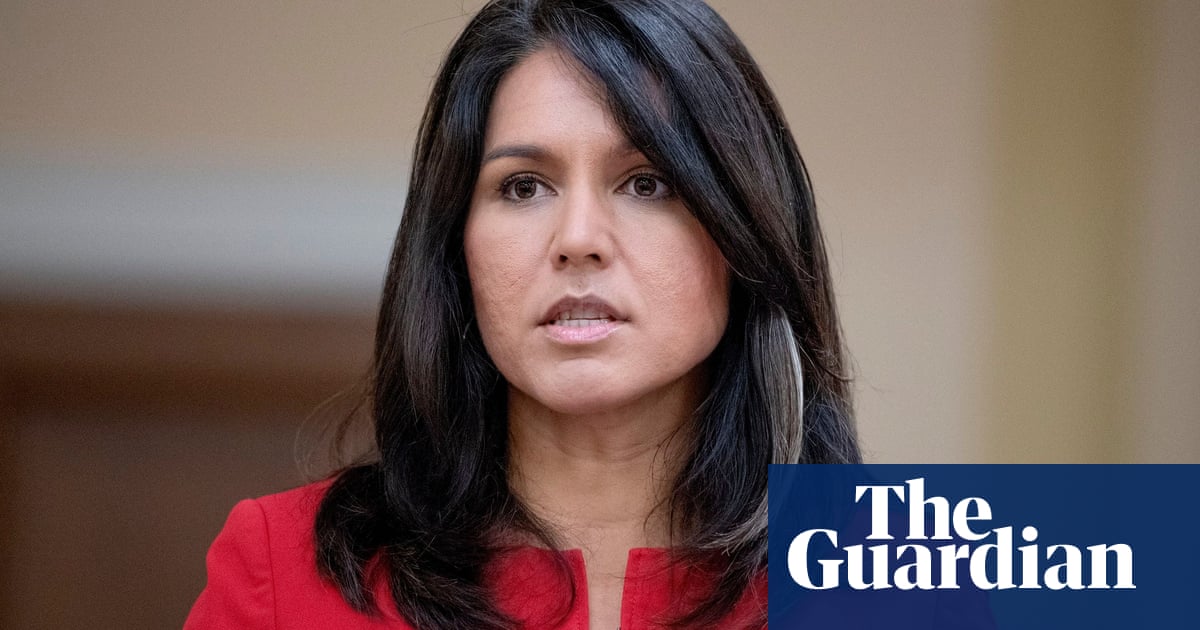Mendalla
Happy headbanging ape!!
- Pronouns
- He/Him/His
Is he still the front-runner for the dems? Wow.
Sadly, yes. At least in the Economist poll tracker I'm seeing. Warren has picked up a fair bit of ground on him but he's still the leader last I checked.

